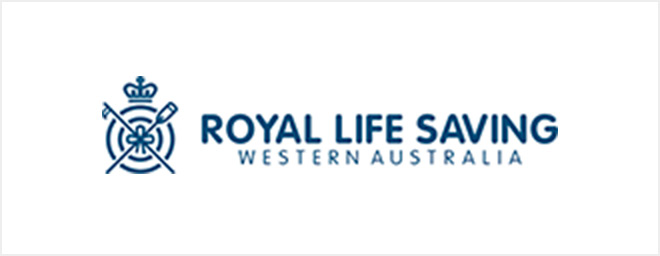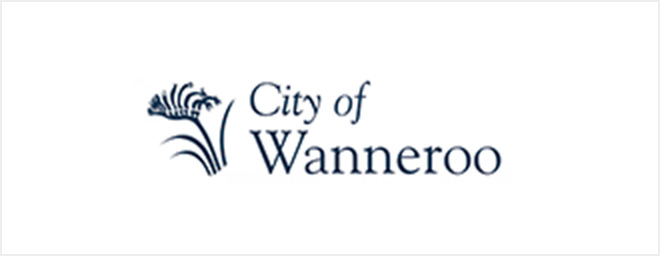The aim of the Walking in Two Worlds program is to help people remove their cultural lenses to better understand, engage and work with in culturally diverse spaces.
An example of one of our Walking in Two Worlds programs is Boodjar Kep Katijin (knowledge for land and water) which is a collaboration between Maar Koodjal and the Royal Life Saving Society (RLSSWA). Pariticpants through the Cultural mental health offered by Maar Koodjal and a specific employment pathway provided through the Talent pool program of RLSSWA are supported in “Walking in Two Worlds”. Youth Diversion and Recidivism prevention through connection to Country and culture, peer mentoring, addressing past (community) and present (individual) trauma and addressing practical skills associated with ‘walking in two worlds.’
The overarching objective is to provide a diversionary pathway for youth in the northern suburbs that is effective in reducing instances of antisocial behaviour whilst identifying the difference between criminal behaviour and low-socioeconomic in survival mode. and improves personal developmental trajectory of participants. The program addresses both youth offending rates and youth resilience and vulnerability. Our primary target group is Aboriginal young people; however, the program is open to any young people at risk of adverse developmental outcomes, including those from low socioeconomic and refugee backgrounds.

Resilience is defined as a dynamic and contextually embedded process of positive development despite exposure to significant adversity. The Australian Aboriginal and Torres Strait Islander population experience significant disadvantage and adversity relative to the non-Aboriginal population, with disproportionate and increasing rates of Aboriginal children in out-of-home care and substantiated child maltreatment seven times the rates for non-Aboriginal children (Hopkins et al., 2018), resulting in adverse developmental outcomes including overrepresentation in the criminal justice system. The most common offence/charge for Aboriginal and Torres Strait Islander prisoners was Acts intended to cause injury (34% or 4,009 prisoners) (ABS, 2010). Aggressive behaviour is associated with and increasingly recognised as indicative of unresolved trauma (American Psychiatric Association, 2013)
Developing and maintaining positive connections to culture, community and family is a fundamental priority for Aboriginal positive youth development (Hopkins et al., 2018) This program creates several community-based opportunities for promoting multiple developmental capacities of youth at risk. Firstly, through working with trauma in a culturally appropriate way and providing targeted mental health literacy knowledge and skills, thereby increasing capacity to affect behaviour change. Secondly, developing cultural skills, knowledge and connection to forge a strong positive cultural identity as we all practical skills that can be utilised in employment pathways in cultural tourism and caring for country. Thirdly, by providing practical skills that increase employability in the aquatic industry. Our model will provide multiple points of engagement through aquatic centres and the Yanchep National Park in the northern suburbs, providing opportunities for at risk youth to engage with different program activities in different locations throughout the year.
Boodjar Kep Katijin will leverage existing relationships between Royal Life Saving WA and key metropolitan employers such as Venues West, the City of Joondalup and the City of Wanneroo to transition participants from engagement with the Justice system to employment within these local community facilities.
Bunuru is the second summer season that occurs from February to March, characterised by hot easterly winds and little to no rain.




© Maar Koodjal 2023 | Website by Web Complete